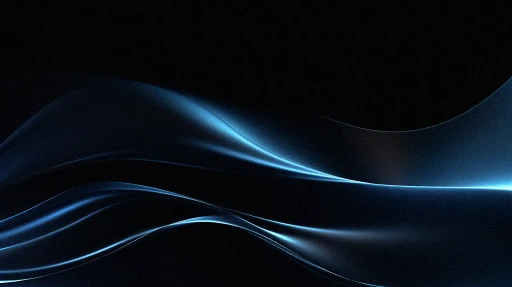
Scalable IA and UI for Light to Night (2022–present)
Designed to last. Driving Light to Night’s festival stage year after year.
Role
UX/UI Designer
Agency/ Client
Rev Illimité (f.k.a REVEZ Motion)
Project Type
Website Design
The Challenge
Beyond Looking Impressionable
In previous years, the Light to Night website was redesigned from the ground up for each edition. In 2022, I set out to change that, by designing a future-proof, user-centered platform that could not only guide festival-goers but also scale with the festival’s evolving themes. The result: a flexible microsite built to adapt year after year, celebrating Light to Night while reducing rebuild overhead.
The core challenge
How might we create a website built to last for years and truly embraced
by all stakeholders?
The Solution
Designing Through Dialogue
I led a co-design process, involving stakeholders through regular check-ins and reviews. This fostered shared ownership and ensured the website wasn’t just functional and scalable but genuinely embraced by everyone involved.
My Role
UX Designer
I was the sole UX designer, leading the full website design and content population. Collaborating with clients, PM, and developer, I delivered a user-focused, scalable site that’s supported the festival since 2022.
Contributions
Stakeholder & Client Collaboration
Information Architecture & Sitemap Design
User Flow & Navigation Design
Wireframing & UI Design
Visual Design & Content Population
CMS Collaboration & Implementation
Prototyping & Interaction Design
Cross-functional Coordination
Quality Control & Design Consistency
User Testing & Feedback Integration
Design Approach
Understand and Design
From Conversation to Structure
As part of the planning stage, I facilitated working sessions and WIP meetings to align on the sitemap and define key content for each section of the site. I often use this collaborative, visual approach to help non-design stakeholders better engage with the structure. These sessions created space for real-time input and produced tangible outputs as conversations progressed.
Design & Iterate
From Concerns to Confidence
Collaborated closely with the client to surface concerns and align on direction, using research, tools, and examples to build confidence and reduce friction throughout the design process.
Aligning Minds, Not Just Layouts
With initial content and WIP input aligned, we advanced to wireframing, shaping structure while the festival’s art direction was still in progress. To keep momentum, we ran parallel tracks and invited stakeholders into a focused review window. This enabled open feedback, surfaced UX tensions, and aligned competing interests early, setting the stage for a cohesive build.
Design Decisions, Backed by Standard
Before jumping into prototypes, I led conversations using WCAG standards and reference UX patterns (like calendars and responsive menus) to align stakeholders and solve usability concerns early. This reduced risk, built clarity, and helped us move forward with confidence and purpose.
Design That Celebrates and Sustains
Inspired by the event’s vibrant key visual, the UI was imagined as a living system, artful in form, modular in structure. Designed to echo the spirit of the festival, each component could shift and evolve with future themes, turning a single-year website into an adaptable canvas for celebration.
Workflow by Design
I automated key design workflows by creating image reference sheets and a custom Google App Script to batch-process visual assets. This sped up documentation and allowed closer collaboration with the content team, ensuring accurate, on-brand CMS uploads with minimal oversight. Bridging design and implementation through systems thinking, I boosted efficiency while maintaining creative quality.
Impact
Reflection
This project reinforced that good design isn’t just about aesthetics or functionality, it’s about building systems that scale, invite collaboration, and stand the test of time. By balancing visual storytelling with modular design and stakeholder co-ownership, I saw firsthand how aligning process with purpose creates long-term value. It also showed me the power of thinking beyond the brief. Automating my workflow gave me space to support cross-functional needs and drive impact beyond design. Moving forward, I carry a deeper conviction that design leadership is not only about delivering great work but also enabling others to deliver with confidence.

















